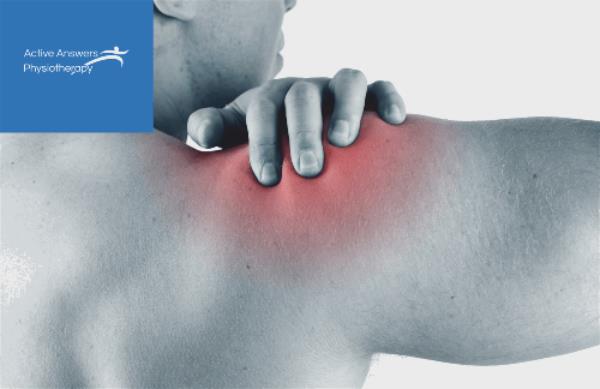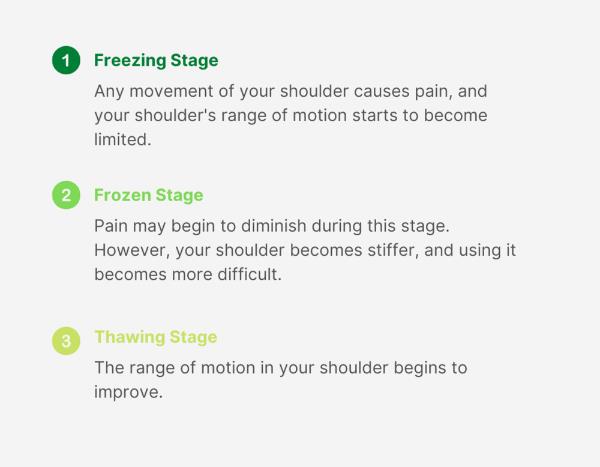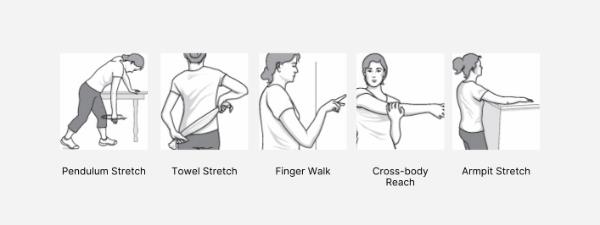
Frozen Shoulder
Adhesive Capsulitis
What is Frozen Shoulder?
Adhesive capsulitis, better known as frozen shoulder, is a condition of unknown cause.
It affects 2-5% of the population, with certain risk factors, such as a previous shoulder injury or diabetes, increasing the likelihood of developing the condition.
Causes of Frozen Shoulder
The shoulder joint is, by design, incredibly mobile. Surrounding the joint, as with other joints of the body, is a capsule. The role of the capsule is to provide stability, sensory information, and aid in lubrication of the joint. Tightening of this joint capsule is what causes a frozen shoulder.
Symptoms of Frozen Shoulder
There are typically 3 stages with frozen shoulder. Each stage lasting anywhere from 6 weeks to 6 months

Management of Frozen Shoulder
Good management of pain, and careful control of compensatory movements can help you to minimise the negative affects of the condition.
Taking adequate analgesia will help you to function and get a more comfortable nights sleep. This is vital to your health.
Maintaining strength and range of motion is important throughout this process. This will ensure that once symptoms improve, you will be able to return back to your normal activities without secondary issues.
Exercises to try to help Frozen Shoulder

Book Now
To find out more information or if you want any help, please get in touch. We would love to help. Contact us
Active Answers Physio Seaforth, North Balgowlah - Northern Beaches